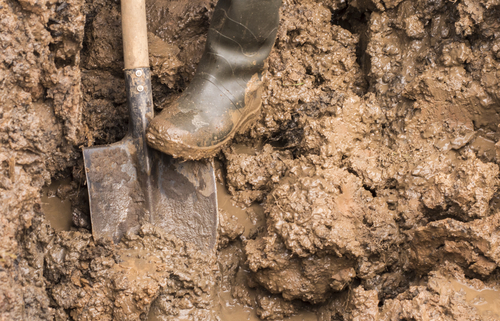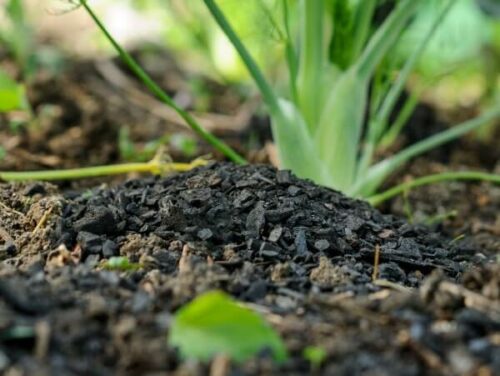Enhancing Soil Quality and Plant Growth in the Face of Climate Change-Driven Flooding
How can we mitigate the risk of floods caused by climate change? Floods and their devastating effects on soil and plant life have become increasingly common due to climate change. The rising temperatures associated with climate change lead to warmer air, which can hold more moisture. This, in turn, intensifies precipitation, causing more frequent and severe floods. Moreover, climate change has also led to increased sea surface temperatures, intensifying cyclonic storms and storm surges, further contributing to flooding events.
These floods deposit enormous sediments on agricultural fields, primarily composed of sand-sized particles. These sediments significantly alter the physicochemical properties of soil, including bulk density, particle size distribution, porosity, erodibility factor, and elemental composition. Floods not only erode soils but also carry away valuable nutrients, organic matter, and essential minerals, leading to a decrease in soil fertility and overall soil quality.
Furthermore, water-logged conditions during floods reduce microbial mineralization of organic matter, decreasing nitrogen and carbon content in soils. Floods induce reducing conditions in soil, altering dissolved organic carbon, alkaline metals, and redox-sensitive elements. Soil structure and stability are also negatively affected, with a significant decrease in aggregate stability and soil disaggregation observed after flooding.
However, there is hope in mitigating these adverse effects of floods on soil and plants through the use of biochar. Biochar, a type of charcoal produced through the pyrolysis of organic materials, has shown immense potential in improving flood-degraded soils. Here are some key ways in which biochar can help:
Enhancing Soil Properties:
Biochar can improve soil properties such as cation exchange capacity (CEC), pH, nutrient retention, water retention, hydraulic conductivity, available water, infiltration rate, aggregate stability, porosity, and surface area. It is particularly effective in sandy acidic soils with low fertility and productivity that are prone to intense flooding.
Water Drainage:
Biochar aids in draining standing water faster in flood-stressed soil, mainly by altering evaporation rates, bulk density, and hydraulic conductivity. This promotes better aeration, which is essential for root health and overall soil quality.
Nutrient Retention:
Biochar’s high surface area and porous structure enhance its ability to retain essential nutrients, making them available to plants over a more extended period.
Microbial Activity:
Biochar promotes microbial activity in the soil, facilitating faster rejuvenation of degraded soils. This is enabled by the habitat it provides in its pores and the enhanced activity of enzymes like β-glucosidase.
Contaminant Immobilization:
Biochar immobilizes toxic materials in the soil, reducing soil contamination and improving soil quality.
Soil Compaction:
In highly compacted soils facing excess-water conditions, biochar can ameliorate soil compaction by increasing consistency, porosity, and reducing bulk density.
In urban areas, where roadside soils are particularly vulnerable to floods and compaction due to human activities, biochar can play a crucial role in improving soil resilience and supporting green infrastructure.
Additionally, biochar-augmented biofilters have been suggested for the reutilization of floodwaters, helping to improve water quality and remove pollutants through various mechanisms.
In conclusion, biochar offers a sustainable solution to mitigate the adverse effects of floods on soil and plants. Its ability to enhance soil properties, promote plant growth, and improve water quality makes it a valuable tool in the face of climate change-driven flooding. By incorporating biochar into soil management practices, we can work towards a more resilient and sustainable agricultural and environmental future.












